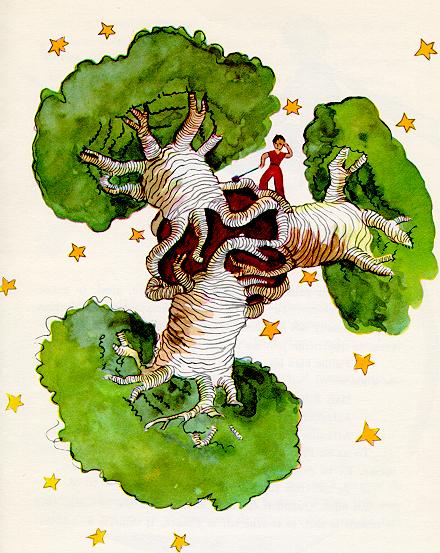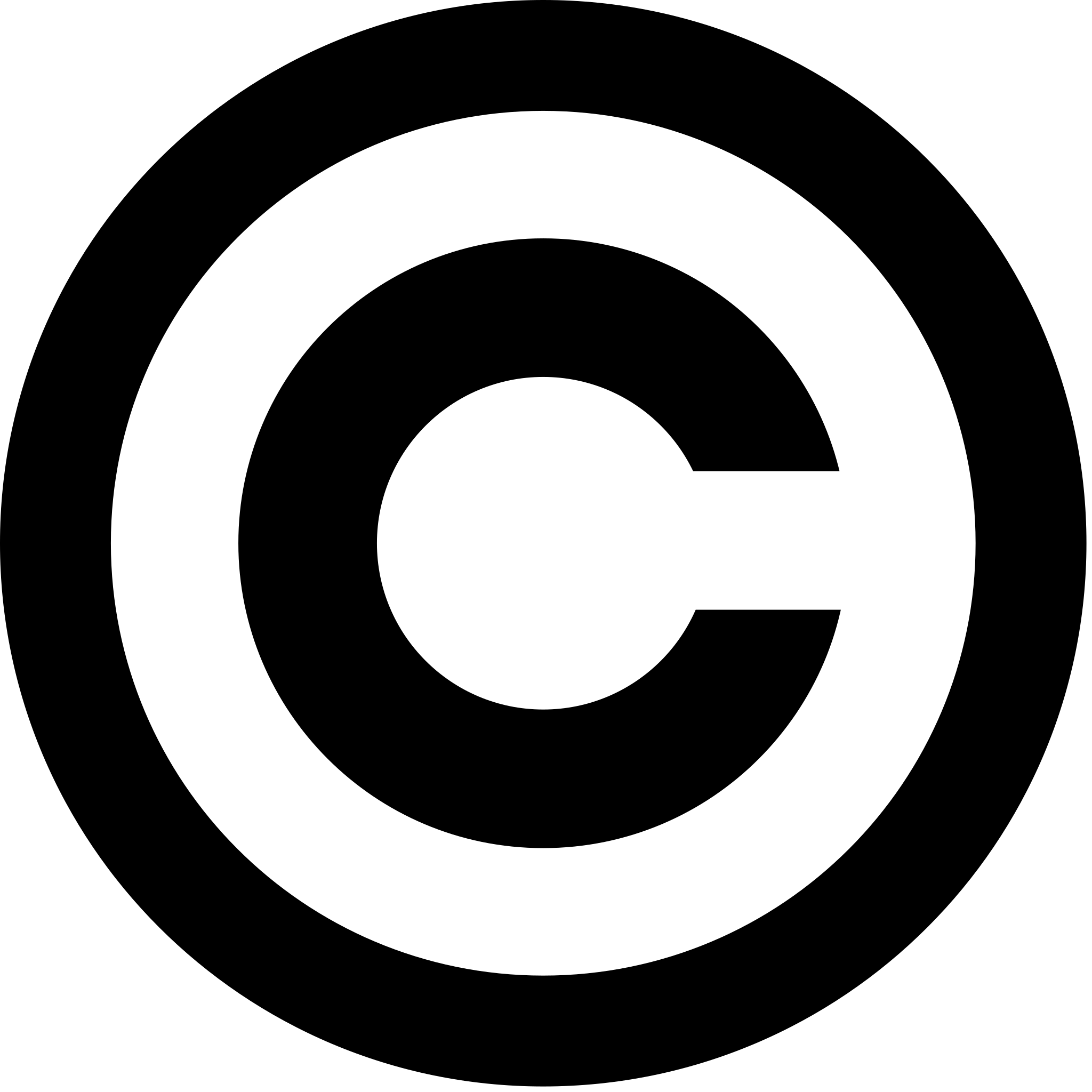Settlers is weird in some places - and I still haven’t read most of it, just skipped around - like scoffing at college education as essential, but i think there is a lot of interesting stuff in there too
Gerald Horne’s The Counter-Revolution of 1776 is all the good parts of Settlers and none of the bad. It has a very similar thesis, but Horne has the academic credentials a skeptical person can’t immediately write off (we don’t even know who J. Sakai is), it’s not actively hostile to readers who aren’t already a very specific type of leftist, and it’s just better scholarship and writing.
On the last point, a bunch of stuff jumps out just in this short excerpt:
- Highlighting the percentage of homes that have AC or a washing machine is indistinguishable from the famous Fox News graphic that claims you’re not poor if you have a refrigerator. Communism is not a vow of poverty; we want to raise people’s standard of living.
- Characterizing eyeglasses of all things as “hoarded” medical supplies makes no sense. Hoarding is stocking away more than one needs – how many people even have multiple pairs of eyeglasses? Wide access to basic medicine is another thing communists don’t criticize, but prioritize.
- Sakai at least addresses the idea that Americans largely view cars as a necessity, but there’s zero analysis of whether or not they actually are. Maybe 10 major U.S. cities have anything approaching decent public transit. The rest of the country (including enormous metro areas like DFW and Houston) has been purposefully built around cars. In those areas not having a car is an enormous impediment to working, getting groceries, recreation, raising a family, and all sorts of other basic things.
- Similarly, Sakai never stops to interrogate how important telephones are to modern life, how sleeping pills are generally taken in response to a medical need, or how education is another thing communists actually think is good. They even blast dry cleaning as a luxury not even a full page after calling washing machines a luxury, too! An iron must be the height of decadence.
I think a decent amount of this can be explained by that Settlers was originally published in 1983. A lot of these ‘luxuries’ had really only come into prominence throughout the 20 years before that, and the white flight suburbia car hell project was just coming into its stride.
And I definitely took it as its not that these things are ‘bad’, bourgeoisie ‘luxuries’, etc. But to highlight the shear amount of extra wealth that was concentrated into the American labor aristocracy- in comparison to the rest of the world.
Being 40 years old might be an explanation for some of this, but that still makes it a less useful resource in 2023. I don’t think it’s a very good explanation for a lot, though – public transit wasn’t that much better in the 80s (and more people lived outside of cities altogether), electric washing machines had been around for decades at that point, and eyeglasses were common for even longer. In context of 1983 these still come off as indicators of basic development more than anything a country should be criticized for.
And while I agree the author is implicitly comparing the U.S. to the developing world, your job as a writer is to actually make that comparison, because why would your audience know how common glasses or washing machines are in other countries?
makes sense!
I just started reading Settlers a couple days ago. I’m looking forward to seeing more good talking points and what criticism of it is valid. I’ve heard some from Gerald Horne, and am sure he is and seems more legit to the average person, but I’m still reading Settlers first. I’ll get to Horne’s works eventually, as he’s somewhere buried on my massive list of books.
I’ll check it out, I think i’ve seen that one talked about online!
I’d be interested to see how these statistics have changed since 1980, along with additional ones like meat dairy and sugar consumption, plane rides, and international comparisons.
Honestly, to quote the great George Carlin, in reference to that Teamsters Union guy in Settlers.
"Another complaint: too many vehicles. There are some families in this country who own entirely too many vehicles. You see them on the highway in an rv but that’s not enough for them. The rv’s not enough. Behind them they’re towing a motorboat, go-cart, dune-buggy, dirt-bike, jet-ski, snowmobile, para-sail, hang-glider, windsurfing equipment, a hot air balloon, and a small two-man deep-sea diving-bell. Doesn’t anyone just take a fucking walk anymore? (Note: if only there were trains)The only thing these people lack is a lunar excursion module.’
deleted by creator
I’ve heard of but never read this one.
I can’t tell if this is meant, in full context, as a list of grievances or like a “look at these fuckin’ people ova ‘ere!” or if it’s completely serious and meant to be taken literally.
The reason I can’t tell if it’s literal or exaggeration to make a point is because of the examples given of luxury. I know the book is “old” (gotta use quotes to protect my ego on that one), so I’d be more curious to see this rewritten in a modern context using modern luxuries. What would stay on the list and what would go?
They cite phones there which would remain but instead of meaning landline, corded boomer phones it would mean smartphones. Cellphones are considered, and probably just are?, essential by most Americans. Note I’m not saying smartphones are. Just a cellphone even 2005 era flip phone piece of shit. It’s basically just expected for 20 years now that you can be contacted via phone, text or call, any time and this includes work, unfortunately.
The internet broadly I’d consider essential. This could be wrapped in a cheap smartphone plan. I know outside the US such plans can be incredibly inexpensive, so this doesn’t seem like such a luxury. Even in the US unlimited call, text and like 2-5GB cellular data (with unlimited but very throttled after that) are very inexpensive. I’d hardly consider any of this a luxury for the last decade or so in the US. Upgrading a smartphone yearly, of course, would be taking this to that ultra consumer level.
Cars are essential unless you live in one of very few cities (NYC most famously) that has the infrastructure to not need a car. More than one car is definitely a luxury, but also like… even just for work purposes, imagine a mature family, mom, dad, two kids who work/go to a local college. They basically need at least two cars but realistically, with schedule conflicts, they do “need” four. Otherwise you end up missing work (fired immediately in shithole US) or school (less serious but still, you’re gonna get fucked over if missing exams and such). The obvious solution is “duh, mass transit!” but for the moment, right now, how can you blame the individual? What are they supposed to do? Build high quality, free public housing near a metropolitan walkable city with properly integrated transit? I don’t intend to shift all responsibility from the average American, if anything we all need more personal responsibility shoved on our heads if only to wake people the fuck up, but it’s a very clear, to me, non-choice situation. There’s no agency here for the individual beyond “I’ll choose to share a car with my brother and try to match our work schedules to make it doable.” That’s kind of the entire crux of the shit sandwich of a situation… all these bad decisions were made for us a long time ago and through decades of complacency, orchestrated by those who benefit from selling cars, TVs, etc., the end result is this system where you either “choose” to live within the rules which exist and can only be bent so far or you, do what, become homeless? Move to another country? Like what alternative is there really? It’s incredibly bleak. The best example I can come up with at 630 am (fuck me…) is that fat kid from Matilda who is forced to eat the cake. That is every American basically. We’re all fat little kids sat down in front of our favorite fat treat and told “eat the delicious slop you fucking hogs!” It’s honestly the perfect situation for capital at large to have created a population that requires treats and certain things to simply keep a roof over their head and food to eat.
I got carried away on that one, but back to the idea of consumption, to be clear, Americans obviously over consume everything. And the further you get from those “just getting by” the more egregious it gets with the dually, smoke-stacked diesel truck to “roll coal” and the TV in every room, new iPhone yearly, iPhone for the 10 year old, premium super weed (totally a necessity!), etc. forever basically. Everyone sees it and knows it. We all mock each other like “pfft. You don’t need a new GPU for your pc. What a waste!” meanwhile hypocritically you’re buying a nicer car or new patio furniture or [insert anything]. We all judge over consumption while also over consuming and any reduction or any hint towards “hey, maybe it would be good if this ended?” is the worst sin of all. Such a sin that I’m going to pussy out and run away from that entire fucking book worth of shit to even lay the good faith foundations to discuss it without everyone joining to stab you to death.
deleted by creator
That’s basically what my own conclusion is when considering the situation. I didn’t get that from the couple pages posted here, but, I can be wrong.
deleted by creator




